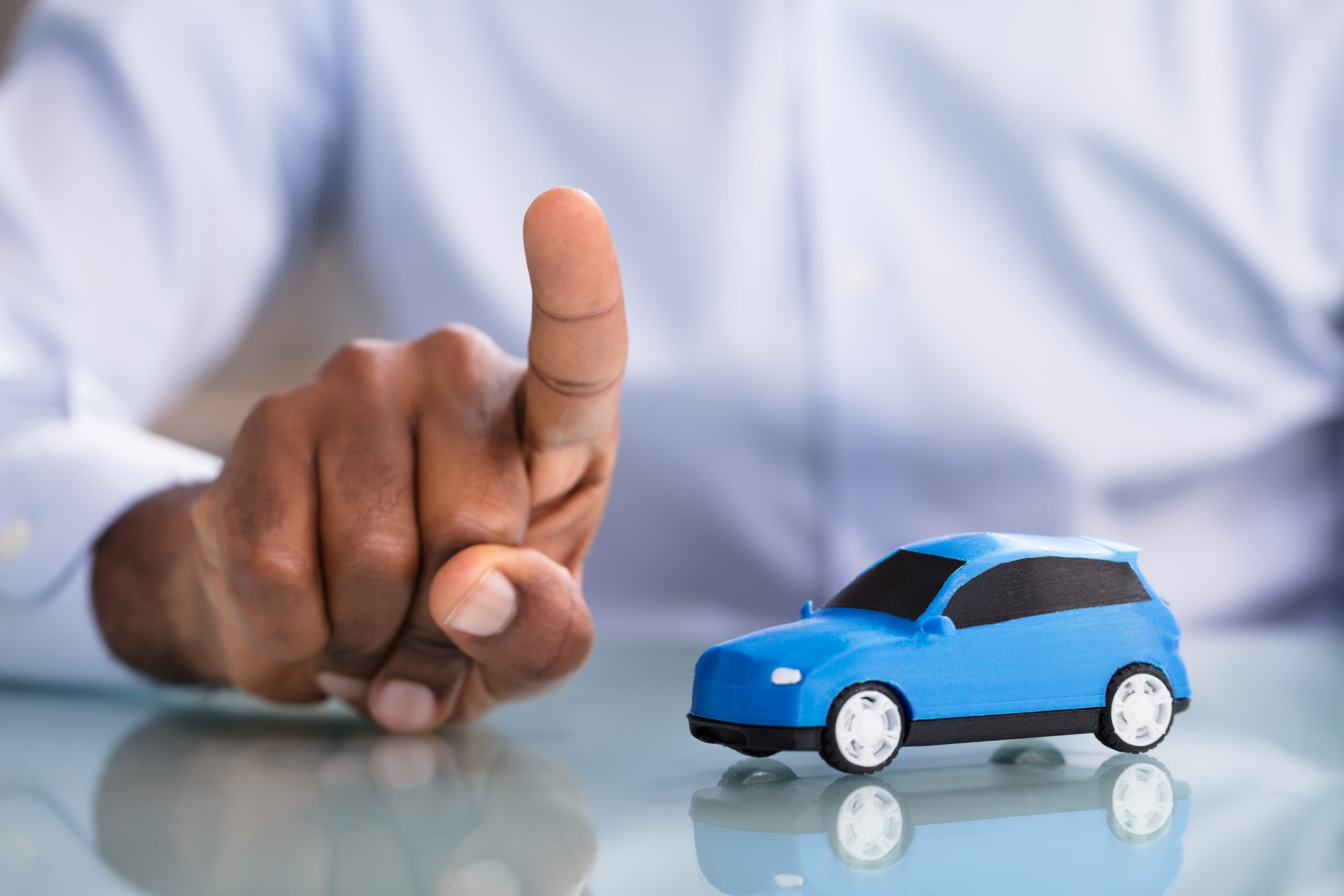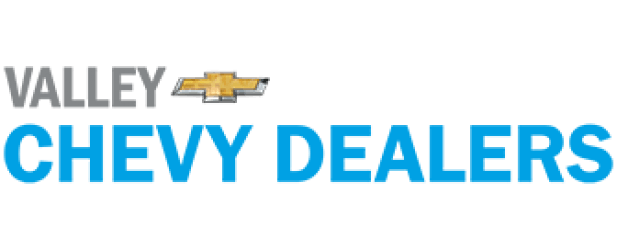Car Buying Tips from a Finance Perspective

Buying a new car can be stressful because it’s such a big financial decision. Luckily, you can make the process a lot easier for yourself when you think about it in business terms. Once you know a little bit about which type of new car to buy, start thinking about the car buying process like a finance professional.
Car Buying Tips From a Finance Expert
TikTok user @seth.godwin works in finance, so he spends a lot of time thinking about what to do with money. He shared some car buying tips on social media, and we’ve identified eight of our favorites.
Learn more about how the experts do it, then use these car buying tips to get a great deal on your next vehicle.
1 – Make a Down Payment
Some people find it tempting to finance 100% of their car without making a down payment at all. Seth explains that making the biggest down payment you can afford will save you a lot of money in the long run. One reason for this has to do with depreciation.
No matter which kind of car you buy, it’s going to lose value over time. When you make a down payment of 10-20% of the vehicle’s purchase price, though, it can help offset what you lose to depreciation. If something happens to the vehicle, and it becomes total, you won’t need gap coverage to cover what remains on your balance.
You’re also building equity that you’ll see again whenever you go to sell your car. Ideally, this should help add to your budget whenever you go to buy your next car. Finally, making a large down payment can also help reduce your monthly payments.
2 – Skip Gap Coverage
Gap coverage protects you in case something happens to your vehicle, and the insurance declares it a total loss. This can help keep you out of some awful situations if you finance 100% of your new car, but you should never do that for the reasons discussed in the tip above. The insurance company will use a blue book value to determine your vehicle’s actual worth; then, gap coverage only covers what your insurance company doesn’t.
In other words, gap insurance takes care of the rest of your loan in cases when the insurance won’t be enough. Unfortunately, gap coverage is fairly expensive. It can add several hundred dollars (sometimes even over a thousand dollars) to the total cost of buying your new car. It makes a lot more sense to put that money toward the down payment.
When your down payment is large enough, you’ll always owe less on it than what it’s worth. This is especially true if you keep up with monthly payments and take good care of your car. If you’re doing everything else correctly, gap coverage doesn’t even provide much of a benefit.
3 – Learn About Loans
Unless you also work in finance, it’s a good idea to brush up on the basics of how loans actually work. To make sure you’re getting a loan the right way, Seth outlines a few simple steps you can follow:
-
- First, do some research online to learn how much you can expect to pay for the car you’re interested in and decide what you’re willing to spend.
- Next, call a bank or credit union and try to get approved for up to that amount. Most financial institutions will let you go through a pre-approval process to see how much they’re willing to lend you.
- If the financial institution can’t approve you for the amount requested, they’ll probably make a counteroffer. You can decide if their offer is enough.
- The offer will include a tentative interest rate, which will vary based on your credit, the type of car you’re going to buy, and a few other factors.
- At this point, you have a general idea of what your monthly payments will be like and how much you can ultimately expect to spend on interest.
- Finally, when you go to the dealership to buy a new car, you’ll better understand your budget and what kind of price you can agree to pay.
4 – Negotiate at a Car Dealership
Once you’re pre-approved for a loan, you’re ready to go buy a new car. Be prepared to negotiate at the dealership. As Seth points out, most people who work at car dealerships are good people, and it’s also their job to sell you things. Still, preparing yourself to work with the salesperson can help you make sure you’re getting the best deal.
One of the best ways to make sure you get the best price for a new car is to avoid negotiating about things that don’t matter. In other words, focus on the price of the car instead of talking about things like what you want your monthly payment to be. Focusing on the price is the best way to make sure you’re getting a good one.
You don’t have to talk about how you’ll be paying for the car. Talking about things like that will only distract from the negotiation that you’re trying to have. Talking about things like down payment and financing while negotiating on the total price isn’t productive. If you’re asked about those things, just say you want to nail down the sale price first.
You can always give your bank or credit union a call to see if you’re getting a good deal on the car. They can tell you the value of the car, and you should never pay more than that, even after tax, tags, and other fees. You should never feel embarrassed about using all of the resources at your disposal, even if that means taking a break from the negotiation to make a call or look something up online.
5 – Avoid Negative Equity With Your Trade-In
This doesn’t apply if you don’t have a vehicle to trade-in, so feel free to skip to the next step. If you do have a vehicle to trade-in when you buy your new one, it’s important to know what to expect. Just to set expectations, it’s worth mentioning that you probably won’t get everything your car is worth. That’s completely normal because the dealership still has to be able to make a profit when they sell the car, too.
It’s all part of the reason experts recommend making a large down payment. The value of your car will naturally decrease while you own it, so the amount you’ll be able to get when you trade it in or sell it will be dropping at the same time. If you made a large enough down payment, you shouldn’t have to build negative equity by rolling your old loan into your new one. Once people start building negative equity in this way, they get into a cycle where they’re always in debt because of their car.
Even with all of that in mind, you can still get some ideas about your car’s value by looking at other local listings for used cars similar to yours. Your bank or credit union can also tell you more about what you should get for a trade-in. If you can’t get enough for your trade-in to offset what you owe on the vehicle, it’s probably best to wait to buy a new car if you can.
6 – When to Talk About Your Vehicle Trade-In
If you decide to trade your vehicle instead of selling it to a private buyer, don’t bring this up until you’ve already worked out a deal on your new car’s total price. There are a few reasons to do this, and one of those reasons is still related to negative equity. To rehash, negative equity is what happens when you owe more for the vehicle than the dealership is willing to give you for it. Since that money has to go somewhere, it can get rolled over into the price of your new car.
This is bad for a few reasons, says Seth:
-
- You do need gap coverage now, which isn’t a very good way to spend your money. It also makes the car buying process more expensive.
- If you do have a down payment, it’s basically only going to pay off negative equity.
- If you have too much negative equity, you won’t get approved for your new car. This is a sign to lenders that it would be too risky to give you a car loan.
Seth points out that this all goes back to making a large enough down payment when you buy a new car. Putting money down upfront helps drivers avoid a wide variety of different problems later. It may feel like we’re really trying hard to drive this point home, and that’s because we are. Making a down payment for a new car is one of the best ways to start a cycle of financial health.
7 – Buying a Car With Cash
It used to be that cash was king when buying a new car, Seth says, but that just isn’t the case anymore. One of the big reasons for this is that car dealerships often get some sort of incentive if they can get you to sign up for a loan with one of their banks. It’s one of the main reasons they may ask about financing and monthly payments early in the conversation, and also one of the main reasons you should never talk about financing until you’ve agreed on price.
If you’re paying with cash, the dealership doesn’t get any kind of financing incentive. When they know that at the beginning of the conversation, they’re less likely to negotiate on price,. It’s often best to keep that detail to yourself until you’ve agreed to a total dollar amount for your purchase. Once the contract is drawn up, let them know you plan on paying for the car outright.
It may be worth mentioning that “buying a car in cash” is only a phrase here. You can bring your checkbook, but most reputable car dealerships don’t want you to dump out a bag of cash.
8 – Fees You Shouldn’t Pay When Buying a Car
There are some fees a dealership might try to charge you for, and you should know that you don’t have to pay for them. Most honest dealerships won’t try to nickel and dime you with ridiculous fees, but it’s still good to be on the lookout for anything like the following:
Tire Nitrogen
It won’t actually do much (if anything) for your tires, and it isn’t expensive.
Window Edging or Theft Protection
This may be a good thing to have, but you shouldn’t pay a big markup for it.
Any Destination Fees
That are Not on the MSRP Sticker
Advertising Fees
You wouldn’t pay for this anywhere else, so why should you pay for it when you buy a new car?
Dealer Prep Fees
The vehicle’s price already includes them getting it prepped for you, so you shouldn’t have to pay for it again. Be skeptical of these charges.
ADM or Additional Dealership Markup
As the name suggests, this is an additional fee for no real reason.
Any Doc or Filing Fee Above a Certain Amount
Always request a full price breakdown to make sure you can avoid paying these fees.
Where to Buy a New Car in Arizona
Beyond making good financial decisions with your down payment and some other things, it’s important to buy your car from a trustworthy dealership. A good salesperson shouldn’t make you feel embarrassed to question things because they want you to be an informed buyer.
Valley Chevy Dealers in the Phoenix area pride ourselves on being transparent with our customers and creating great deals on new cars.
Find the location nearest you and stop by to see us today.
Featured Image: Andrey_Popov / Shutterstock
